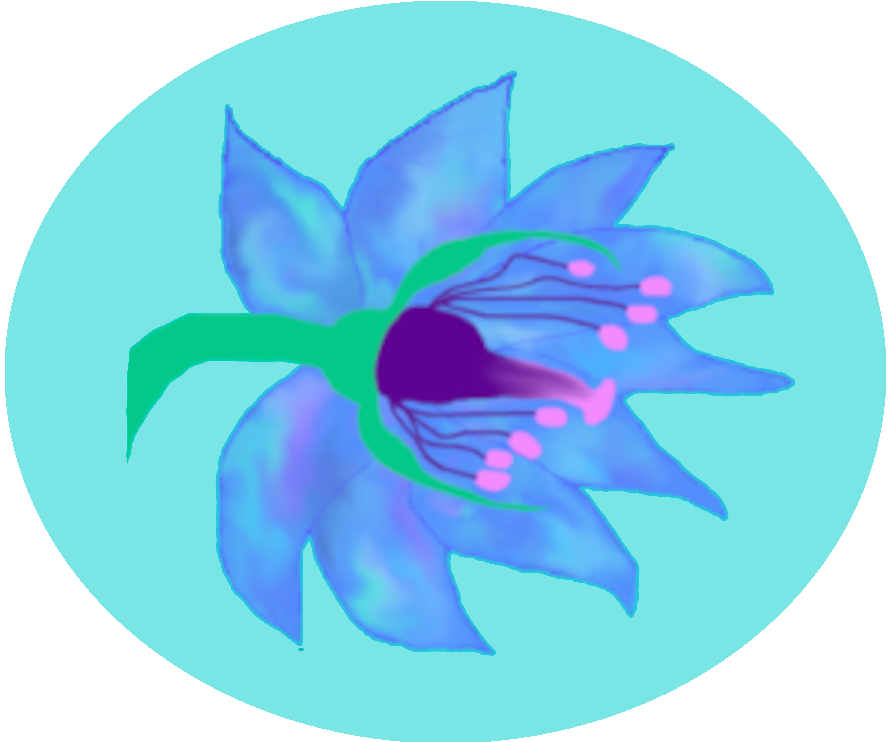
Isacco Agosti grew up in Daarad, a small port city just outside the Desert of Shian. Although Isacco's maternal grandfather was Shiani, his parents cut ties with their Shian relatives in an attempt to keep themselves from being discriminated against.
As a child, Isacco had to carefully balance his time between his school work and helping his father in his workshop. This balance mirrored his parents' struggle between wanting him to have a good education and their need of him at home. This struggle doubled when, shortly after his ninth birthday, his triplet siblings were born, the youngest of which died a few weeks later.
After finishing his secondary education, Isacco worked as an assistant for Salomè Tornicini, a musician working for the Abbey at Daarad. His main duties were to help her organize the music at the abbey and compile a collection of regional religious music. Isacco gained his musical knowledge from his father, who made and repaired instruments in his workshop. He and Salomè became close through their love of music and she taught him to play the guitar and a regional flute called a liat. When she finished working at the abbey, Salomè planned on joining the Karina Orchestra and invited Isacco to continue to work with her, suggesting he could send money back to his still struggling family. He agreed.
Years later when he had perfected his playing, he joined the orchestra alongside Salomè, where he made his musical debut. He played in the orchestra for 15 years. During that time he played for the king several times, both with the orchestra and alone. At the end of that time, he left the orchestra to pursue something new in his career. Planning on leaving the city to wander the country and explore its various forms of traditional music, he went to the palace and played for the king one last time. While there, he informed the king of his departure from the orchestra and his plan to leave the city. Before leaving, the king said that if Isacco would be willing to give up his adventure, he could stay at the palace and play and write for the king. Uncertain what he wanted to do, Isacco told the king he needed a day to consider and would come back and give him his answer the next evening. Although he originally decided not to stay, he received an urgent letter from his brother informing him that their mother was ill and they desperately needed money. Because his plan was very risky and likely to bring in very little money, Isacco decided to accept the king's offer.
One of the things he is best known for is his defense of Shiani refugees, forced to leave the Desert of Shian because of drought and famine. Although many Shian find him to be a controversial figure because of his limited knowledge of the culture and people, he is appreciated for doing his best and appearing to be unafraid to claim his heritage. This lack of fear comes from his close relationship with the royal family and knowledge that he would not be thrown out of the castle for his distant connection to the Shian. After the incident, he welcomed many Shiani refugees into his home and began learning about his heritage.
Isacco has never left the city and continues to send money back to his family in Daarad. He married and settled down in the city, writing music and preforming for the king.
Year of Birth
972 AnCog
45 Years old
Children
Comments
Please Login in order to comment!





Its good that he continued to support his family, there are few enough bards who would choose the less risky path, instead of seeking adventure. You could let us know who he married, as you seem to imply some sort of relationship between Salomè and him earlier on but it is never mentioned if it developed further.